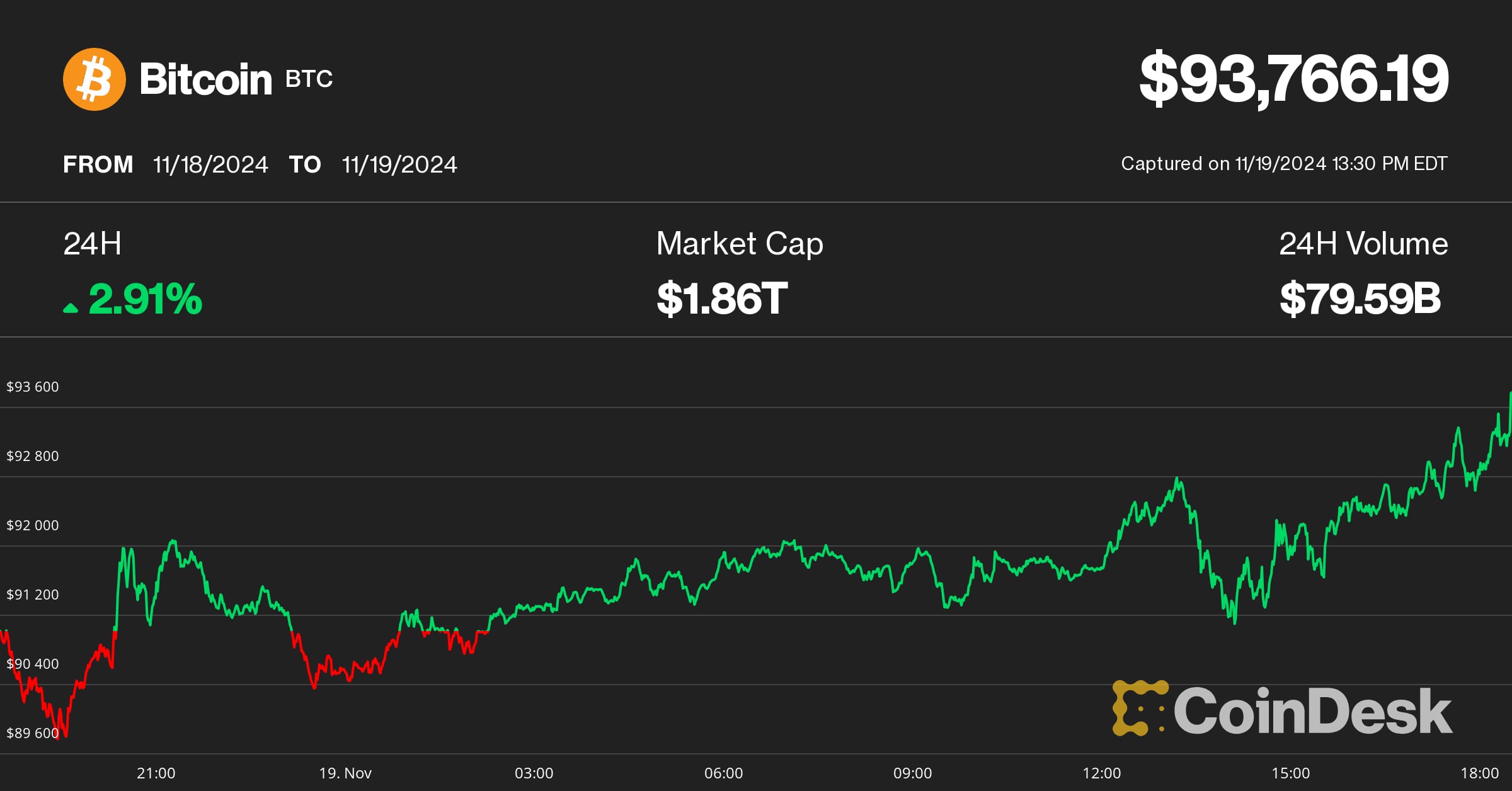
Bitcoin faces more than just FTX fallout in December, with macro data due and the Mt. Gox payouts getting closer.
Bitcoin (BTC) briefly returned to $17,000 into Nov. 30 as monthly close volatility loomed.

Trader: $17,500 monthly close “most bullish outcome”
Data from Cointelegraph Markets Pro and TradingView showed BTC/USD following traders’ predictions to sweep higher levels before consolidating.
Highs of $17,072 appeared on Bitstamp, with the pair nonetheless unable to flip the highs to support. At the time of writing, Bitcoin hovered around $16,900.
$17,000 marks a key range for bulls to reclaim, Cointelegraph reported the day prior, and until this happens, the status quo remains.
“$BTC bulls want to hold 16.8k as first counter trend S/R flip. Back below would represent a minor upthrust,” popular analyst Cheds summarized, revealing a short at the highs.
Hours away from the monthly candle close, markets expected volatility to kick in, with losses following the Nov. 27 weekly close already erased.
“Looking for a monthly close back above 17.5k (June lows) for the most bullish possible outcome here,” fellow analyst Credible Crypto wrote in part of a Twitter update.

At the time of writing, BTC/USD was down around 17.5% for the month of November, according to data from Coinglass.

BTC price “risk events” stack up
The macro picture remained stable on the day, with Asia stocks seeing another day of strength ahead of the Nov. 30 Wall Street open.
Related: Bitcoin capitulation 4th-worst ever as BTC hodlers lose $10B in a week
Hong Kong’s Hang Seng was up 2.2% at the time of writing, with the Shanghai Composite Index managing to recoup initial losses.

Analyzing the prospects for December, however, trading firm QCP Capital outlined several “risk events” for Bitcoin hodlers to take note of.
These came in the form of United States Consumer Price Index (CPI) data on Dec. 13, this coinciding with United States lawmakers’ initial hearing on the FTX debacle.
The day after, the Federal Reserve’s Federal Open Market Committee (FOMC) is due to outline inflation expectations and policy.
“Thus we believe that while more one-off shocks might not be so forthcoming in a market filled with fear, a continued deflation of the crypto market will continue well into next year as many are forced to continually sell assets to raise liquidity,” QCP commented in its latest Crypto Circular newsletter:
“This will likely only end in late Q2-Q3 next year when the real economy gets badly hit from the 4.75% overnight rate and the Fed is then forced to pivot – releasing much needed liquidity which could then find its way into crypto markets once again.”
An extra potential catalyst for BTC price volatility, it added, would come courtesy of reimbursements to creditors of defunct exchange Mt. Gox slated for January.
The views, thoughts and opinions expressed here are the authors’ alone and do not necessarily reflect or represent the views and opinions of Cointelegraph.





